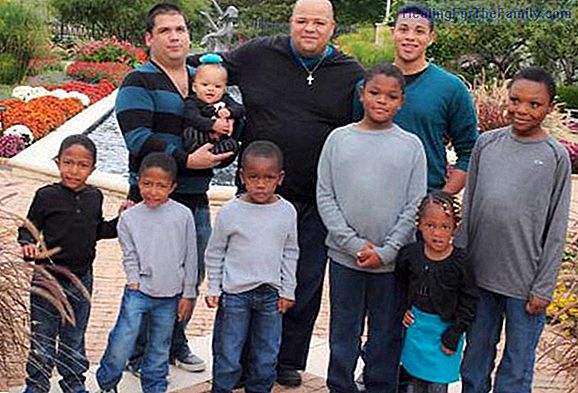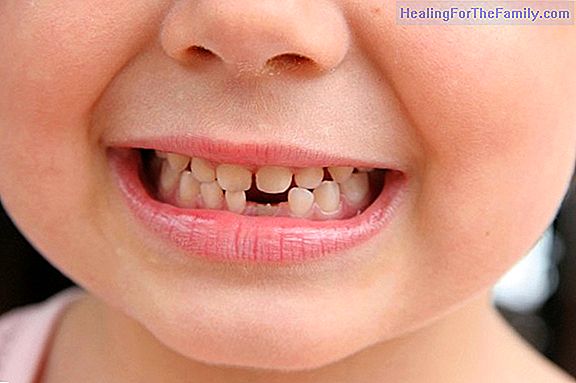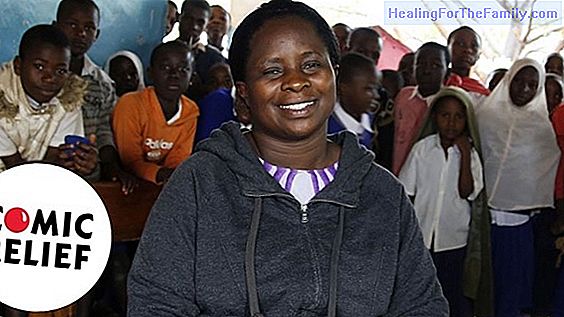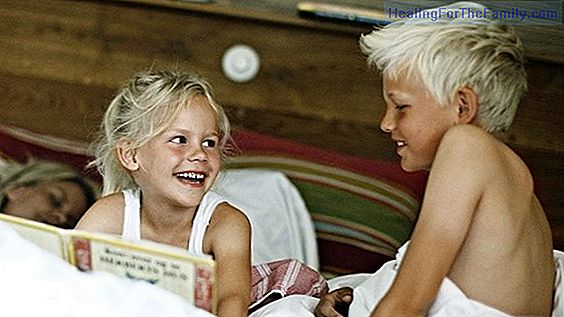Getting pregnant with twins or twins
Being pregnant with twins or twins in a multiple pregnancy is a special event because the odds are slim. Only 1 or 2 of every 100 pregnancies is multiple, and getting pregnant with two or more babies depends on several factors. Chance is one of those variables, but the use of fertility techniques, g
Being pregnant with twins or twins in a multiple pregnancy is a special event because the odds are slim. Only 1 or 2 of every 100 pregnancies is multiple, and getting pregnant with two or more babies depends on several factors. Chance is one of those variables, but the use of fertility techniques, genetics and the age of the mother are the main factors.
Being pregnant with twin babies or twins
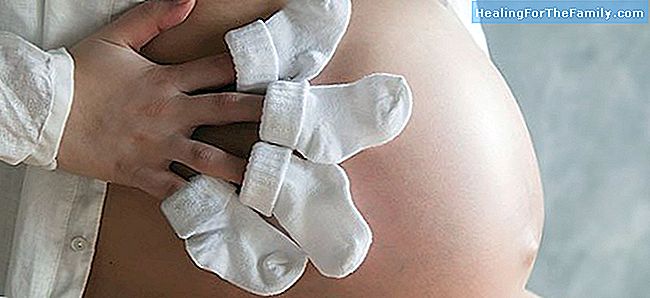
However, the odds increase for a woman with a family history of multiple pregnancies, since this female predisposition is hereditary, and in this line, if the woman has already had several pregnancies before and, above all, if one of them was also multiple, the chances of having twins or twins increases again.
Being pregnant with an advanced age to be a mother, especially after thirty and more specifically from the age of thirty-five, increases the possibility that the pregnancy is double. Black women are more likely to have twins or twins. Currently, multiple pregnancies of triplets and quadruplets are reserved for the old treatments of fertility, since now with the new technical advances in the current fertility treatments, this possibility has been reduced considerably.
However, it is important to point out that a multiple pregnancy is a high-risk pregnancy, which implies greater care and more strict and periodic prenatal check-ups. In addition, in these pregnancies of twins or twins there is a greater probability of complications than in single pregnancies, which include: early delivery and cesarean, anemia, pregnancy-induced hypertension, congenital defects and postpartum hemorrhages.
Factors that influence multiple pregnancies
1. Mother's age and fertility treatments. Approximately 30 percent of pregnant women who come to a fertility clinic are 40 or older and, at this age, a twin pregnancy has added risks. In about 80 percent of cases of multiple pregnancies in mothers with advanced age everything is resolved. Statistics show that women who become pregnant for the first time after age 30 are more likely to have multiple pregnancies, although the cause is still unknown.
2. Race.Caucasian women, especially those over the age of 35, have the highest rate of multiple pregnancies of more than two fetuses (triplets or more). However, African-American women are more likely to have twins than any other race. Asian and Native American women have the lowest rates of multiple pregnancies.
3. Hereditary and genetic factors. The tendency to multiple pregnancies is transmitted only through the mother, so that only the history of multiple pregnancies on the part of the woman's family are the ones that count.
4. High parity.The fact of having one or more previous pregnancies, especially a multiple pregnancy, increases the probability of having a multiple pregnancy.
5. Drugs. Hormone-inducing ovulation treatments, which are performed in fertility clinics, increase the risks of multiple pregnancy. Getting pregnant just in the month following the suspension of anovulatory oral contraceptive increases the risks of multiple pregnancy.
Marisol Nuevo. Copywriter


